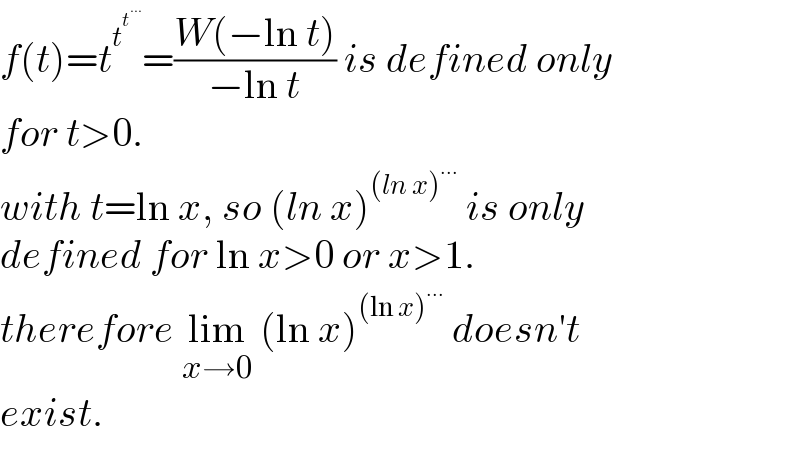
Question and Answers Forum
Question Number 160816 by 0731619 last updated on 07/Dec/21

Commented by mr W last updated on 07/Dec/21

| ||
Question and Answers Forum | ||
Question Number 160816 by 0731619 last updated on 07/Dec/21 | ||
 | ||
Commented by mr W last updated on 07/Dec/21 | ||
 | ||